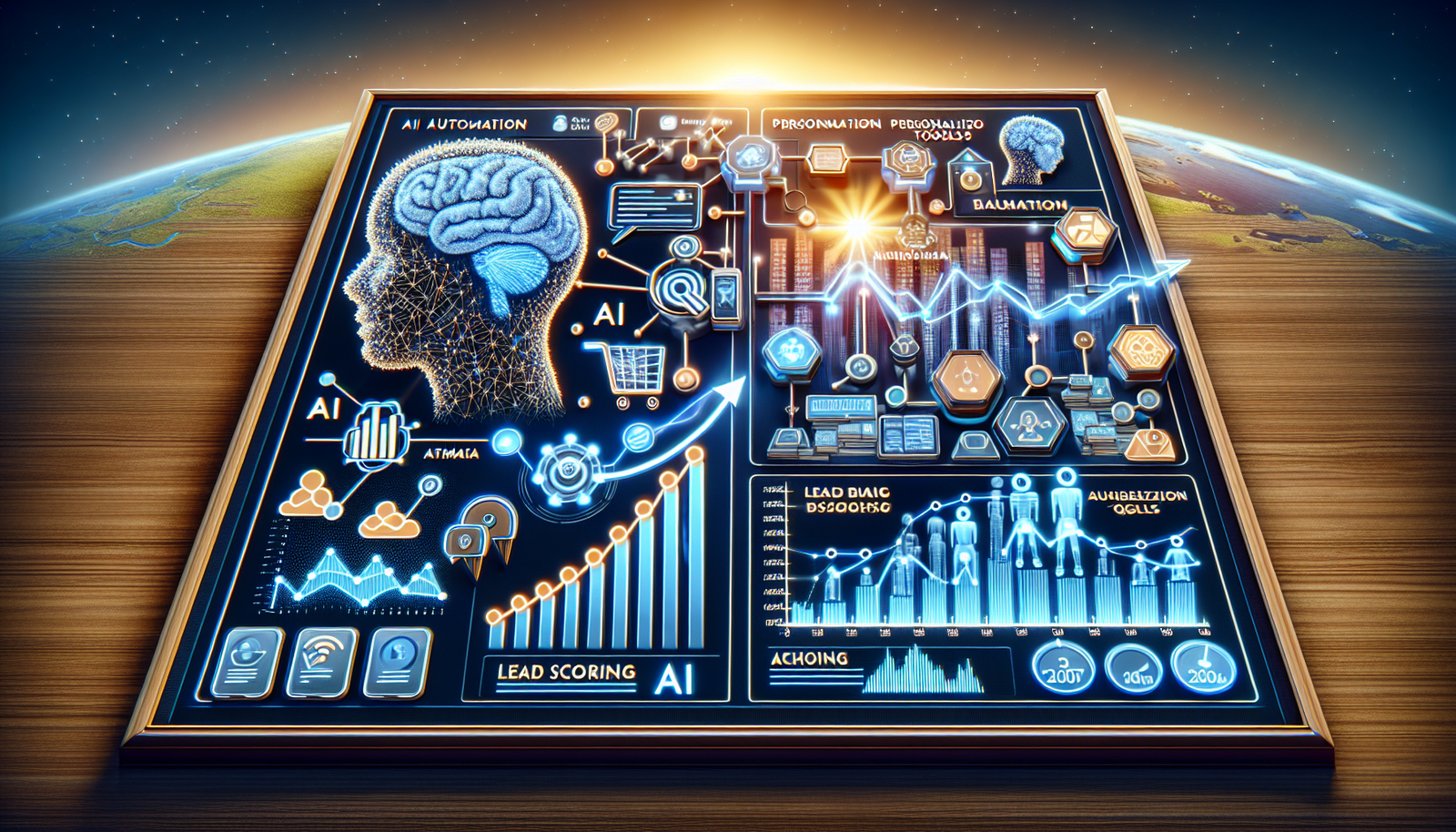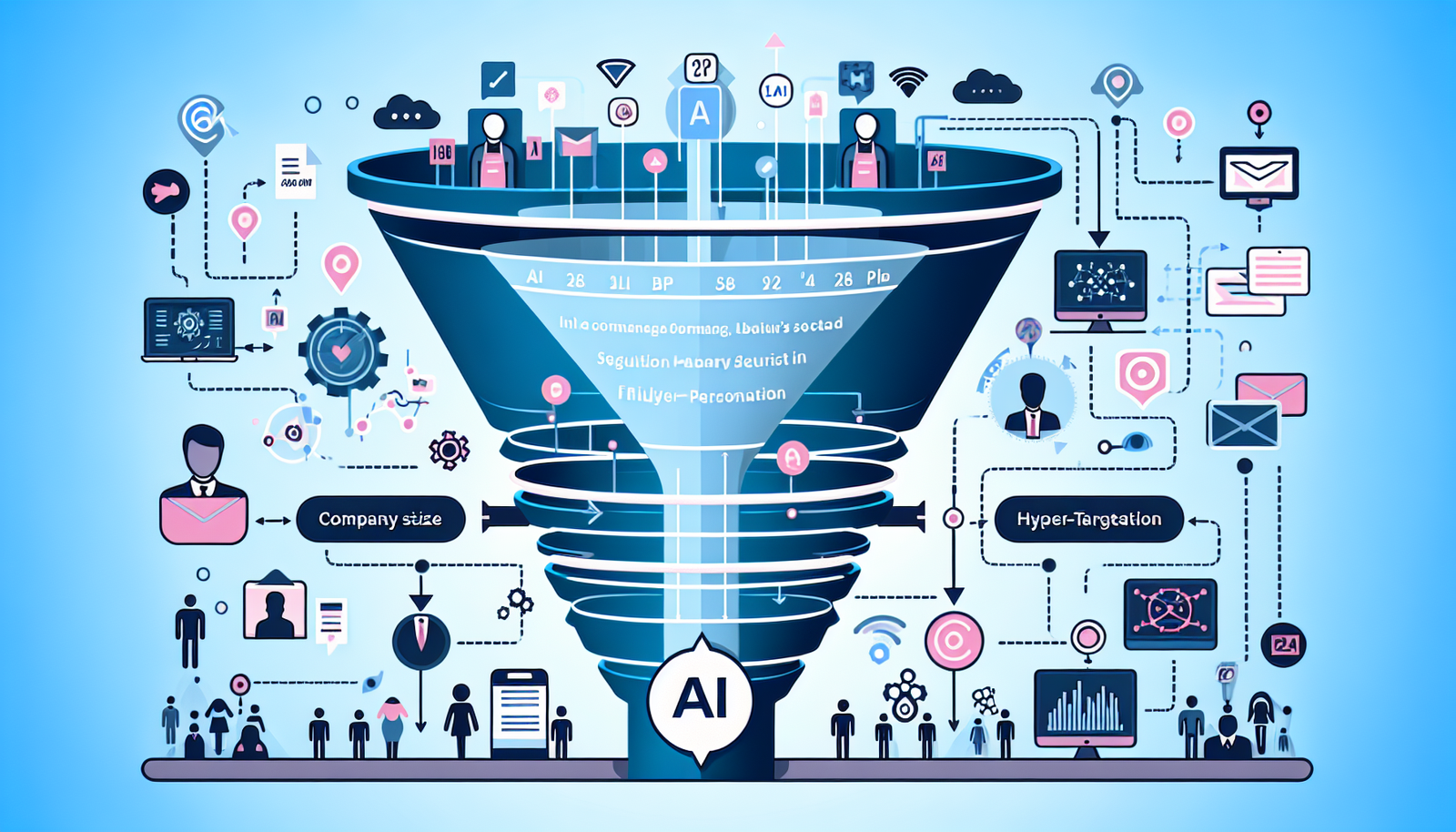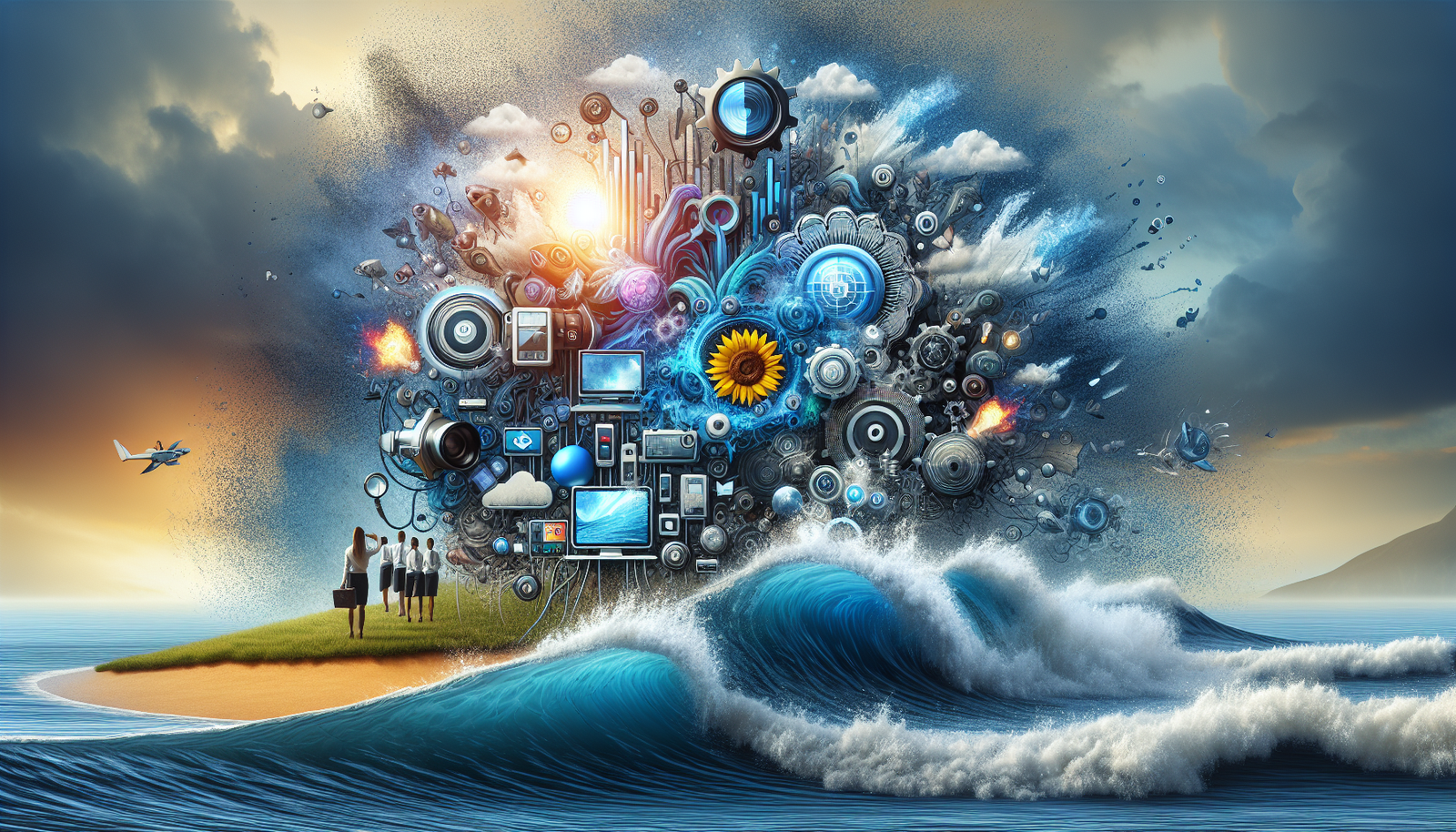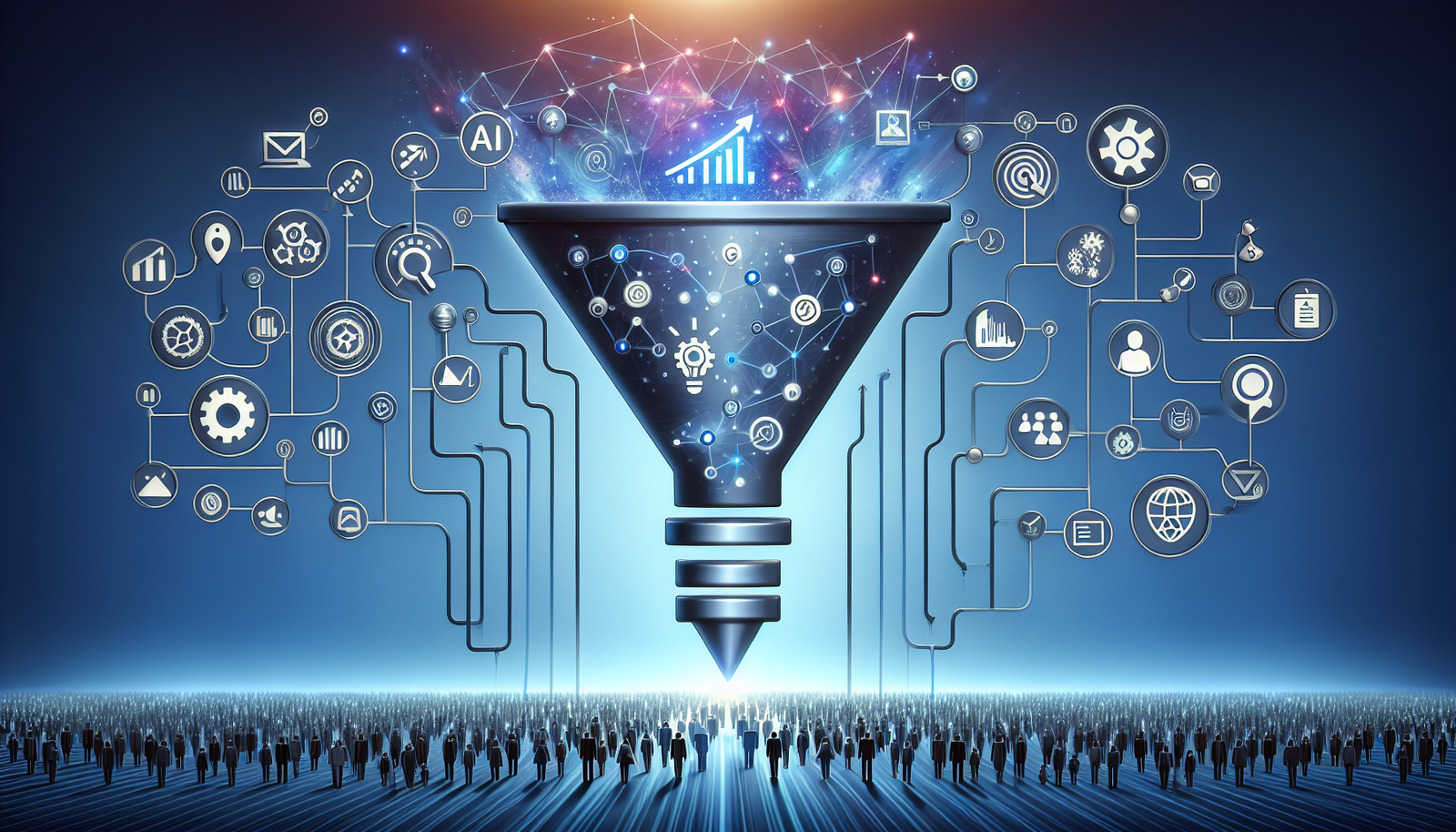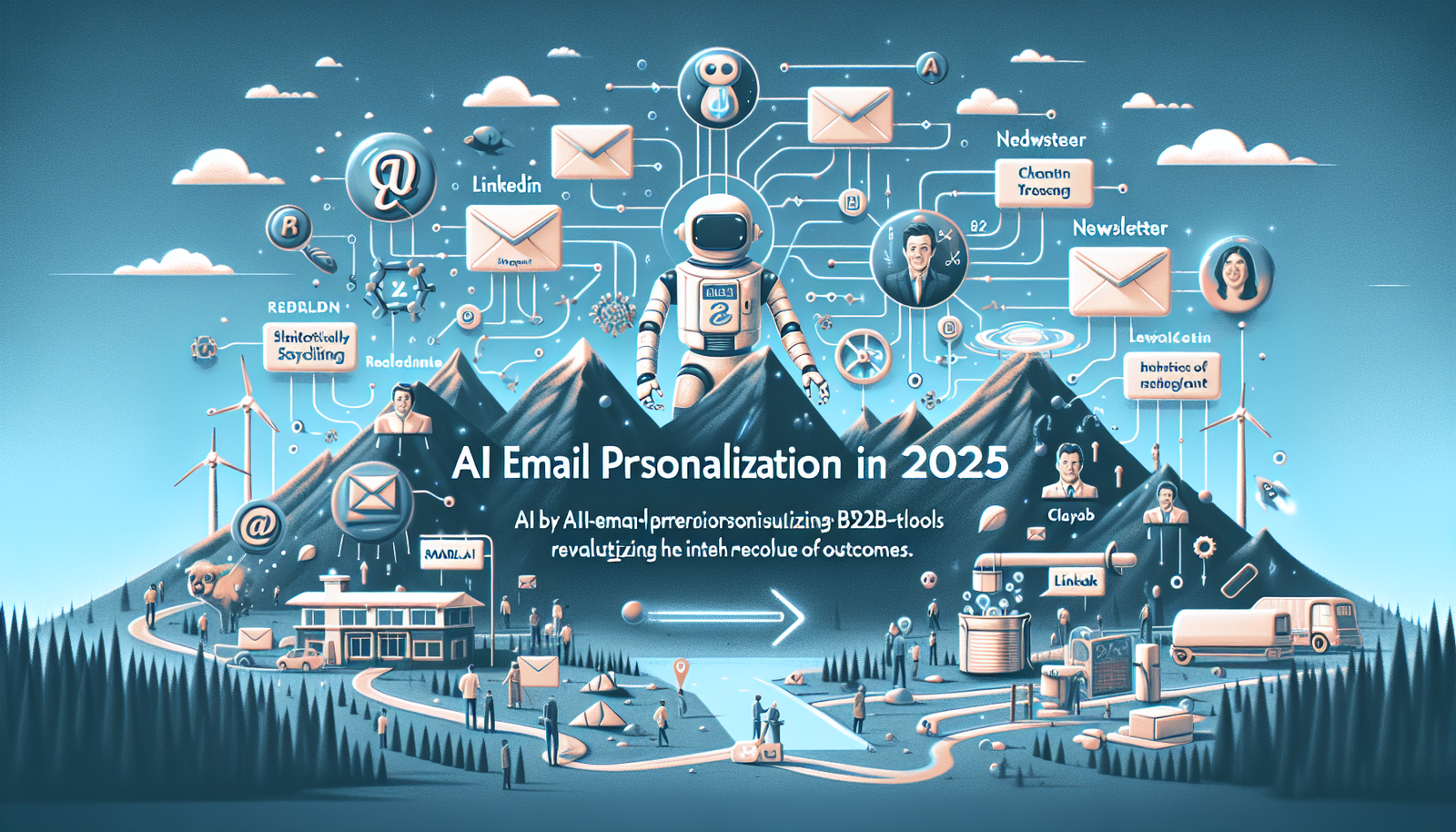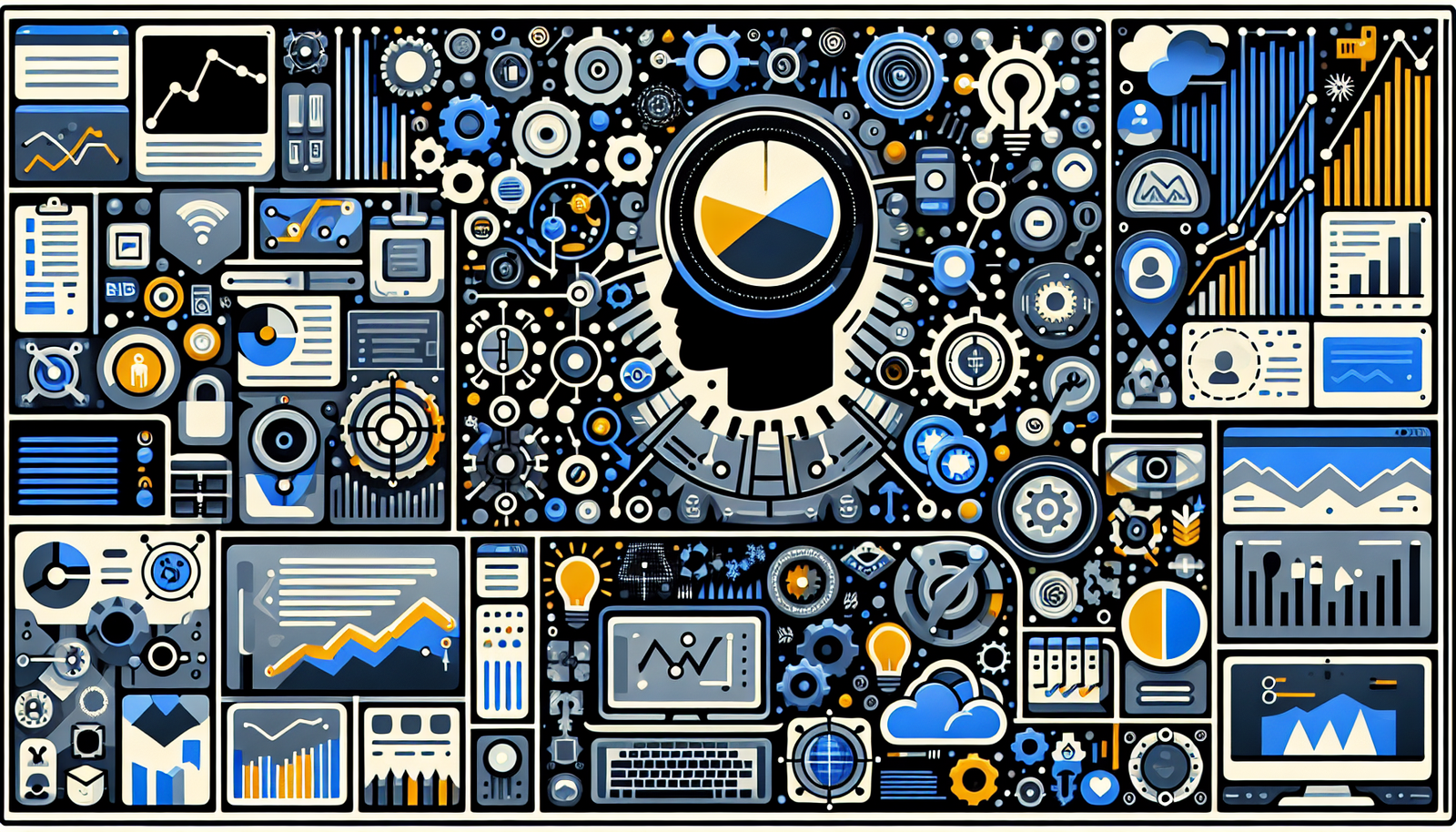Introduction: How AI Marketing Funnels Work in B2B SaaS
Artificial intelligence (AI) is rapidly transforming how B2B SaaS companies build, manage, and scale their marketing funnels. By leveraging automation, machine learning, and large-scale data processing, AI-driven marketing funnels reduce manual overhead while enhancing personalization and conversion rates. Particularly for SaaS businesses operating on recurring revenue models, AI offers the ability to manage thousands of leads dynamically—improving nurturing, segmentation, and qualification processes at scale.
Why AI is Transforming B2B Marketing
B2B marketers now face complex buyer journeys, long sales cycles, and increasingly digital gatekeepers. AI steps in by automating lead responses, enriching contact data, and scoring intent in real time. According to HubSpot, 76% of marketers using AI report higher campaign ROI. The efficiencies of AI help companies reach the right audience segments with higher relevance and at the right moments.
Understanding the Funnel in a SaaS Context
SaaS buyers often go through awareness, consideration, and decision stages—all digitally. AI-powered workflows support this journey by aligning dynamic content and nurture sequences with buyer behavior patterns. For example, a prospect who visits a features page multiple times may be automatically funneled into a tailored decision-stage sequence.
The Core Components of an AI-Powered Marketing Funnel
AI-Driven Lead Generation
AI scrapes and analyzes signals from diverse data sources—like LinkedIn activity, search behavior, or firmographics—to identify high-quality prospects. It can also trigger smart lead capture forms that change fields based on visitor data to improve conversion.
Predictive Lead Scoring
Rather than relying solely on demographics or page views, predictive scoring models use historical data to assign conversion likelihoods. Tools like Salesforce Einstein or HubSpot’s AI capabilities allow marketers to allocate SDR resources to the highest-probability leads first.
Behavioral Segmentation and Dynamic Messaging
Gone are the days of batch-and-blast emails. AI tools segment contacts based on behavioral triggers—like content consumption patterns—and automatically populate emails or on-site banners tailored to those behaviors.
How AI Enhances Lead Nurturing in SaaS
Personalized Email Sequences at Scale
AI allows for drip campaigns with dynamically changing email copy, subject lines, and CTAs based on prior user actions. For example, if a user reads a case study, the next email might recommend a testimonial video in the same vertical.
AI Chatbots and Conversation Routing
Modern chatbots use natural language processing to qualify leads in real time, answer product questions, and route hot leads directly to sales. Integrated with calendars and CRMs, these bots can book demos autonomously.
Content Recommendations Based on Intent
AI algorithms analyze browsing patterns to serve personalized content. This fosters deeper engagement and helps move leads from awareness to consideration faster. Platforms like PathFactory and Drift leverage these capabilities to tailor nurture tracks.
Should You Automate Your Entire Funnel?
Benefits: Scale, Consistency, Cost-efficiency
AI allows small teams to manage large volumes of prospects more efficiently. It ensures messaging consistency and reduces the cost per lead by automating redundant tasks.
- Improved lead scoring accuracy
- Accelerated buyer journeys
- 24/7 lead engagement via chatbots
- Reduced manual tasks for marketing teams
Limitations: Data Dependence, Human Oversight
AI models are only as strong as the data they rely on. Poor data hygiene or inadequate feedback loops can misfire campaigns. Human oversight remains essential at strategic junctures, like persona development or sales enablement strategy.
Hybrid Funnel Approaches: Combining AI and SDRs
Many B2B SaaS firms adopt a hybrid approach—using AI for top- and mid-funnel automation while relying on human SDRs for high-value personalization in late stages. This maintains efficiency without sacrificing the nuance required in enterprise deals.
FAQ: AI and B2B SaaS Funnels
How does AI determine which leads are valuable?
AI uses predictive lead scoring that analyzes historical patterns, behavioral data, firmographics, and engagement signals to assign a likelihood of conversion.
Are AI marketing funnels only suitable for large SaaS companies?
No. Even lean startups can use AI tools in platforms like HubSpot or Mailchimp. These tools often come with built-in AI features for segmentation, content recommendations, and automation.
What’s the biggest risk when automating a SaaS marketing funnel?
The biggest risk lies in over-automation without strategic alignment. If AI workflows are set up without clear goals, bad data can lead to disqualified leads being routed or false negatives being ignored.
Focus Keyword: AI marketing funnels

